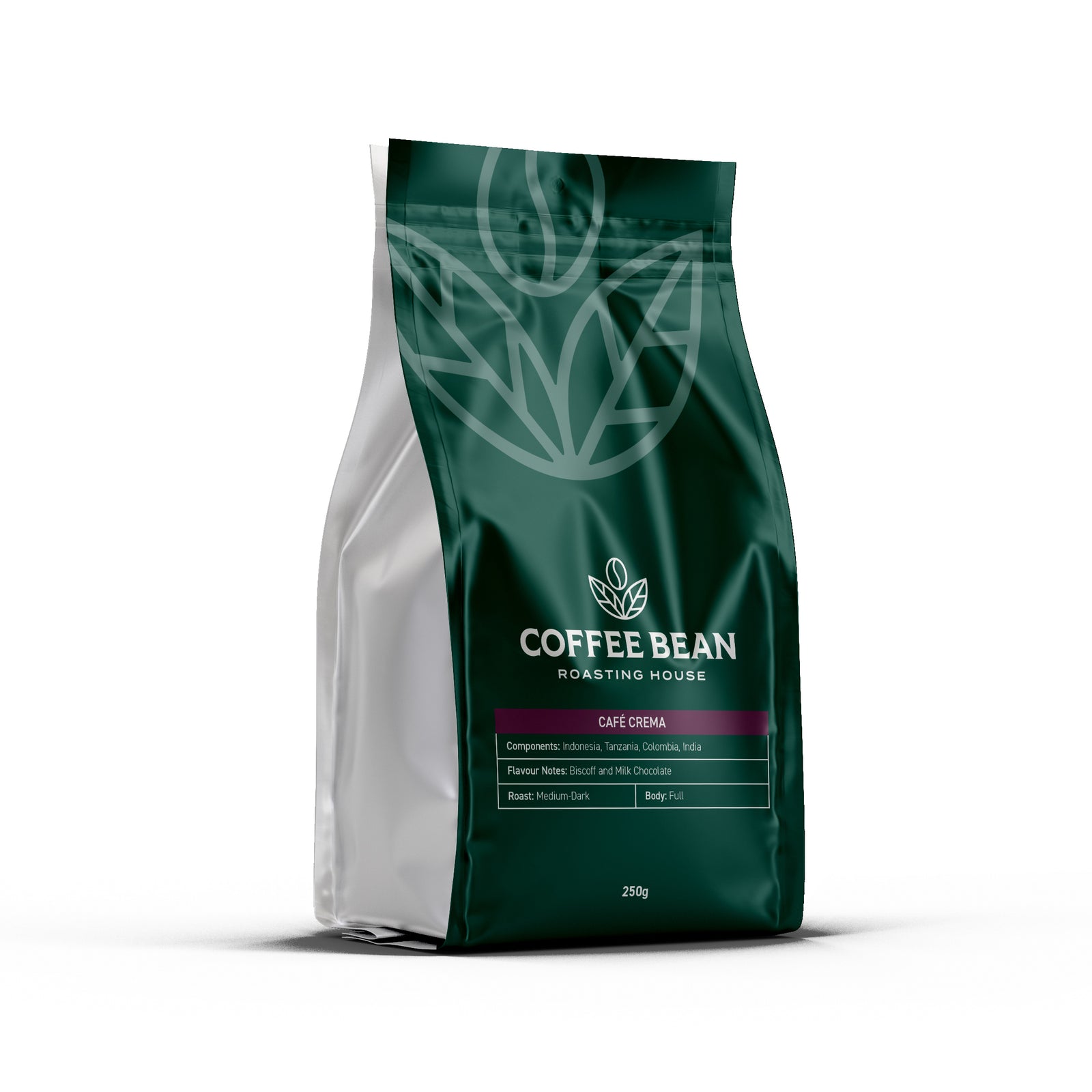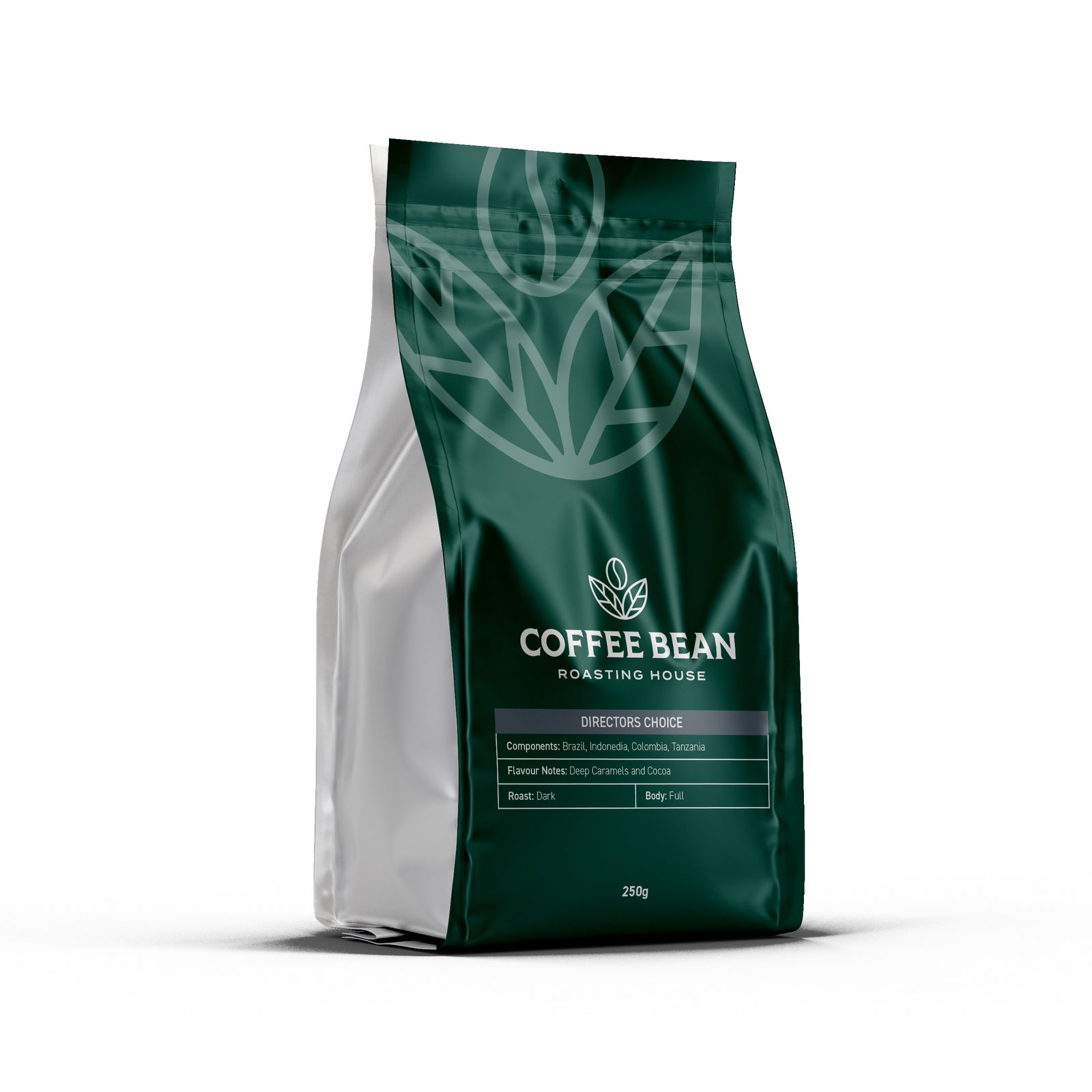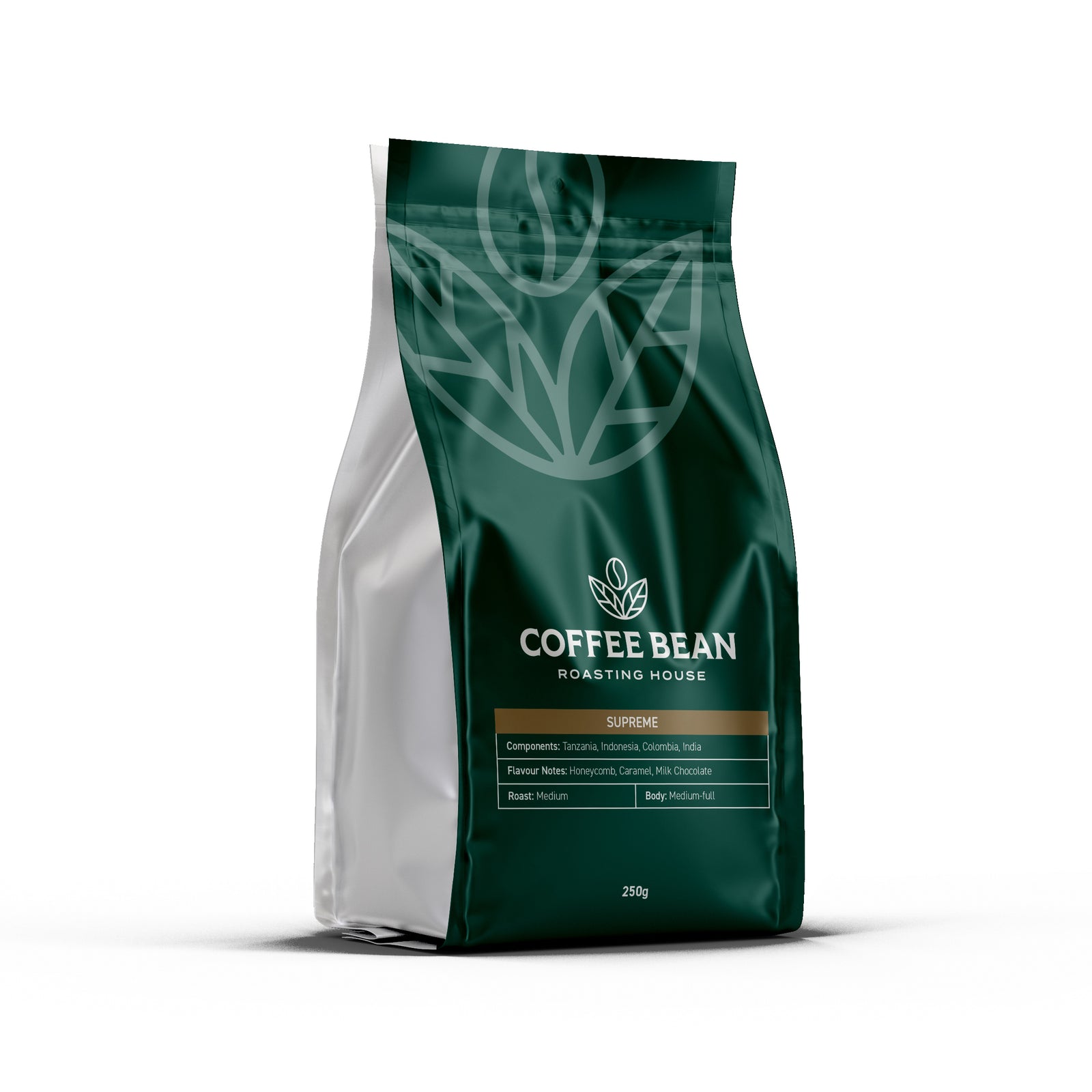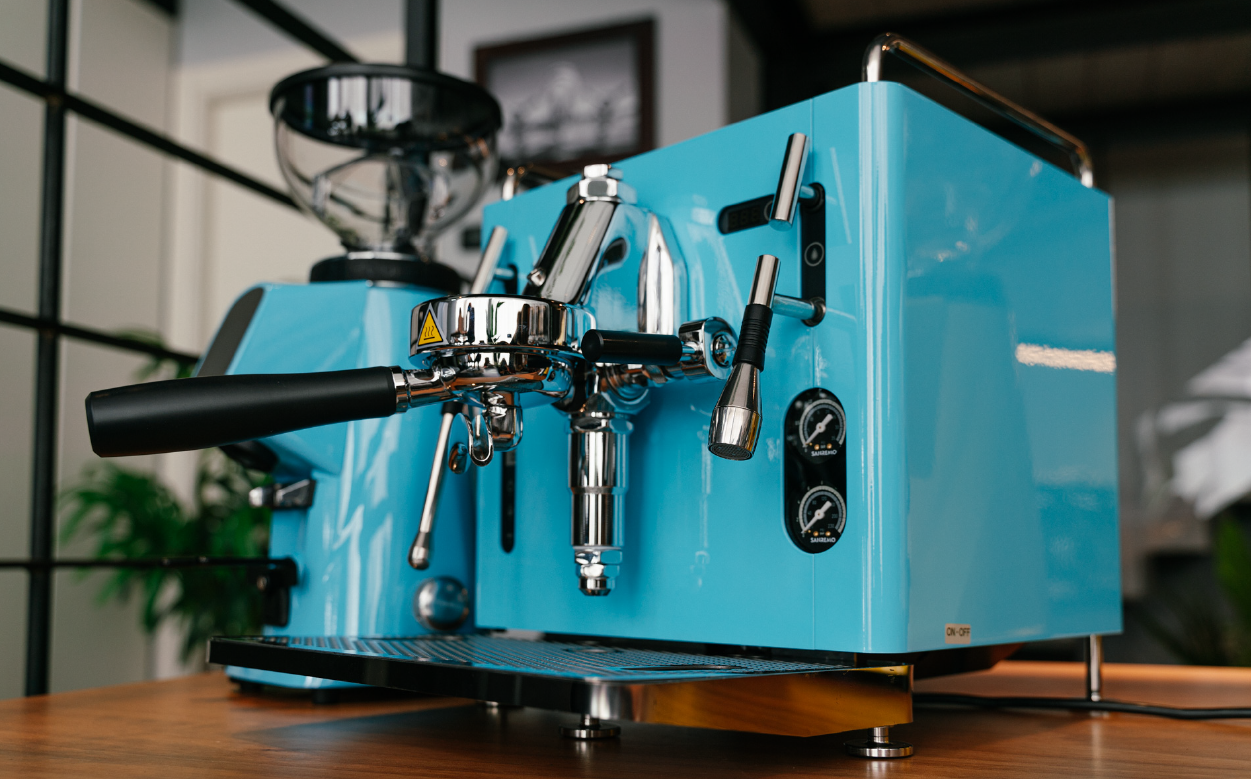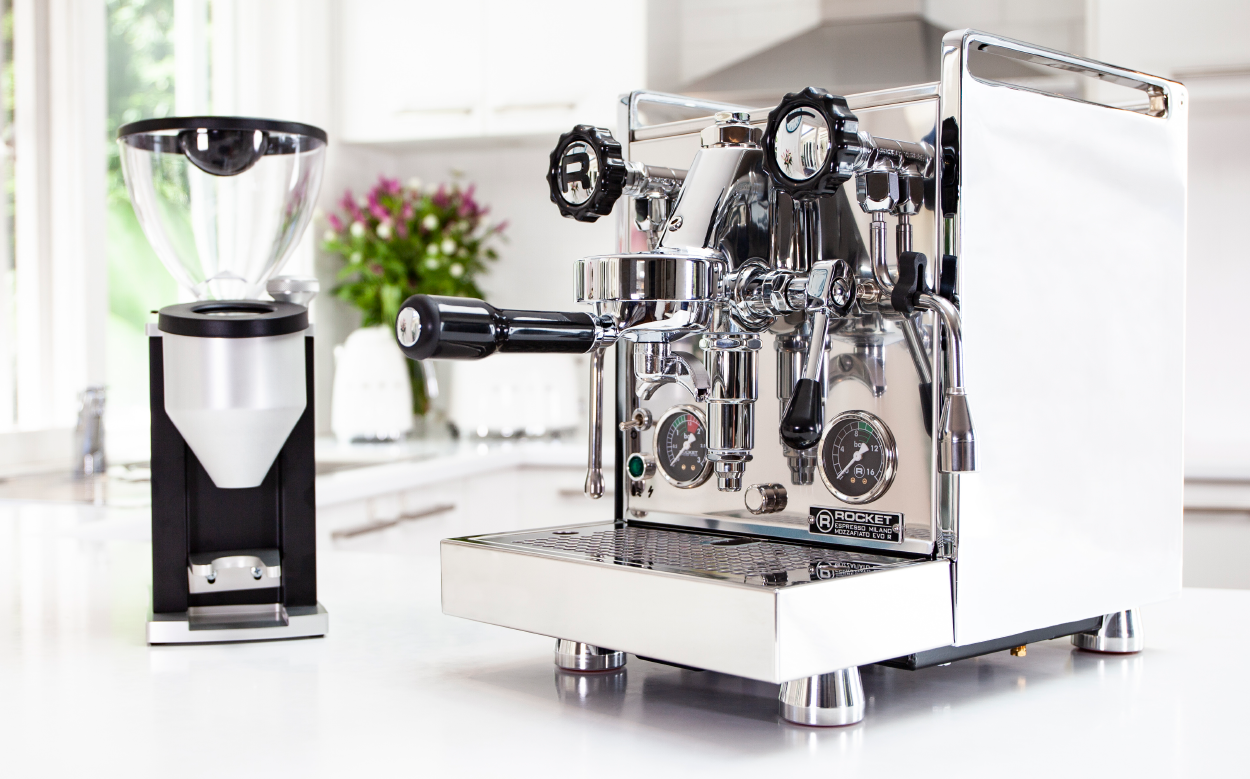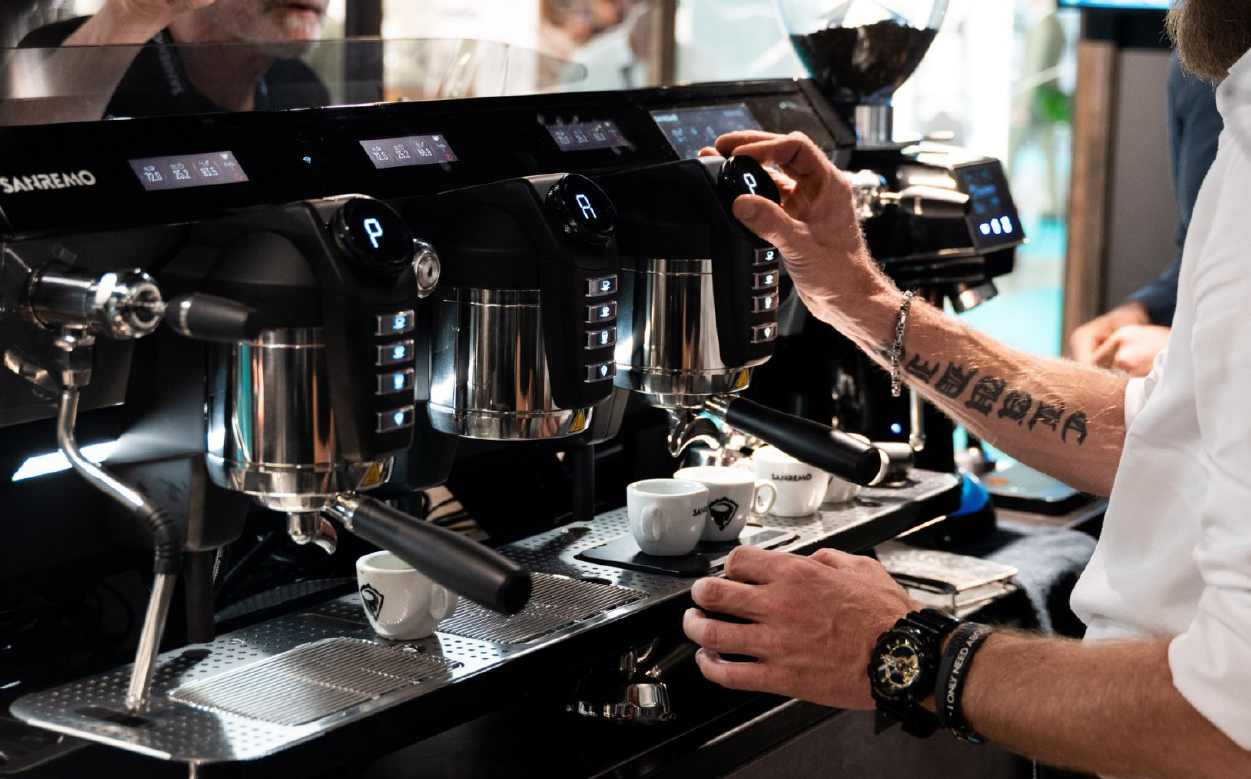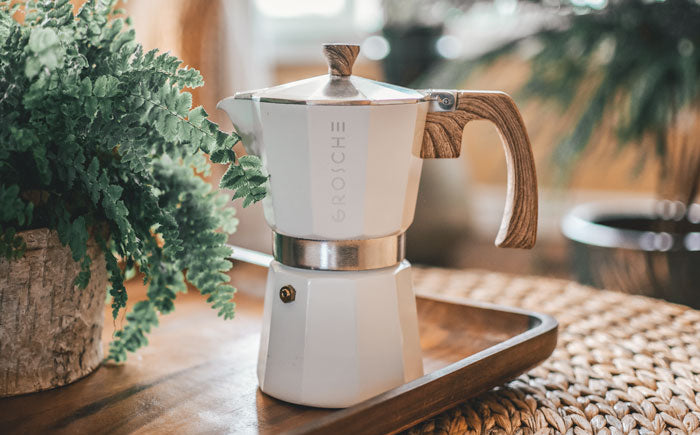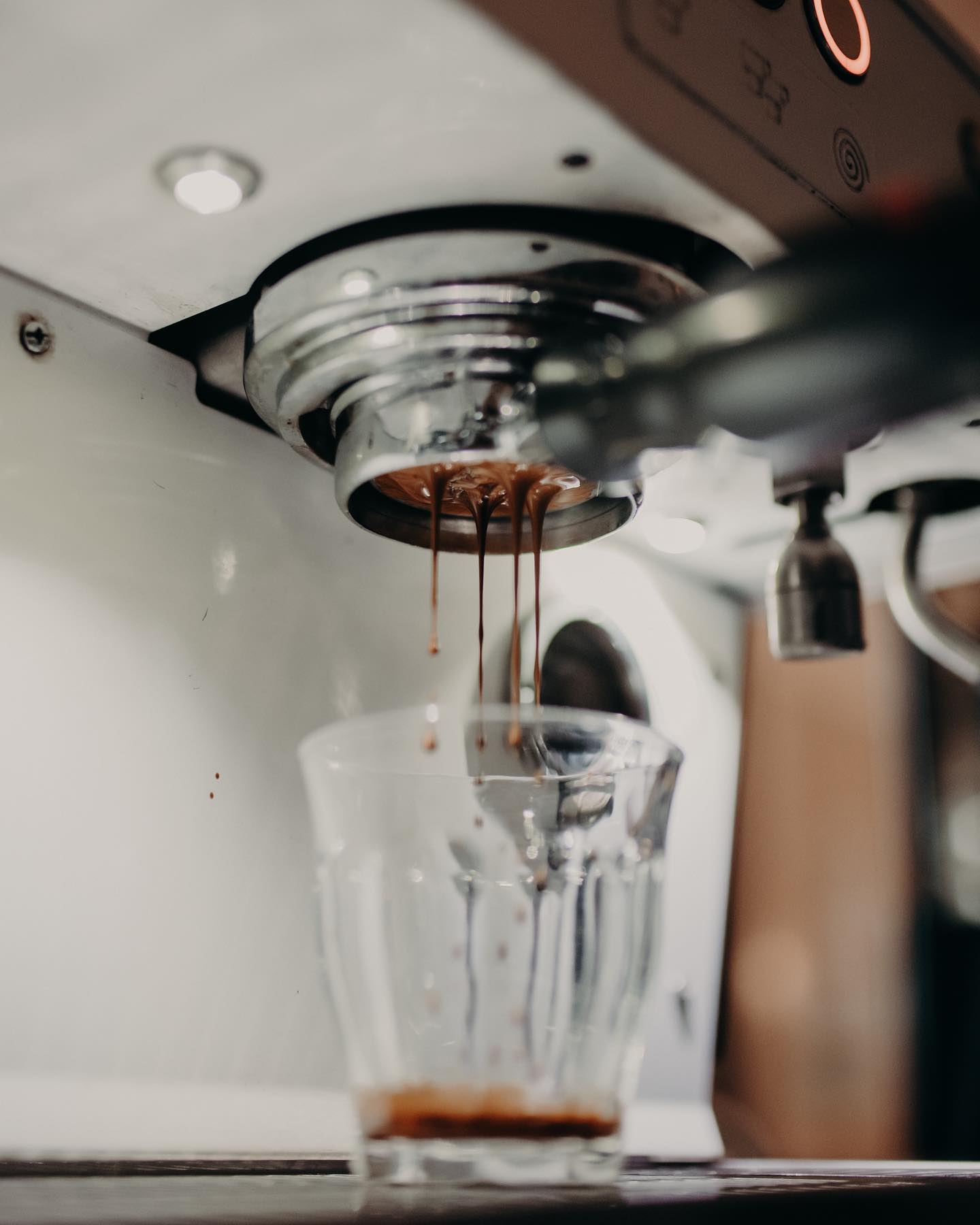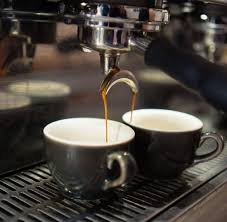Coffee can show delicate flavours in the cup, with floral, fruity or nutty notes. It can also have flavours of mud, ash or brunt wood – yes! All of these are actually on the tasting wheel for coffee.
So, here is 5 things that will ruin your coffee, but are also really easy to fix (and how to fix them).
-
Bean Storage
It all begins with the coffee beans and how they’re stored. If you set your new bag of coffee in the right place, it could remain at peak freshness for two or three weeks. The wrong place, however could eliminate the pleasant flavours in just half the time.
Coffee is an agricultural product that needs to be stored correctly to maintain maximum freshness, just like any other fruit, meat, or cheese.
A Dark Place
X-rays, UV rays, and other unseeable realms of the light spectrum are damaging to foods and perishable products, including coffee. These are in high concentration with sunlight, but even light from regular lamps can still damage coffee’s flavour. Ideally, you want to store your coffee in an opaque container.
An Airtight Container
Oxygen is the great killer of food freshness. It causes aromatic oils to evaporate, causes coffee cells (and flavour) to collapse, and even provides a setting for microbial life to grow. Store your coffee in a container that you can seal after opening (like an Airscape available here)
A Cool Location
Chemical reactions in food (coffee included) happen more quickly at higher temperatures than lower. Avoid storing your coffee beans in a location that periodically heats up, like next to the oven or a warm window. At the same time, don’t use your fridge or freezer. The cool end of room temperature works well, like in the pantry. You want to treat your coffee beans like a good wine – cool, dark, temperature stable.
If you don’t store your coffee carefully, you’ll kill it before you even get to brew it. For some more specifics on the best ways to store your coffee, check out our blog on How to store your beans.
-
Dirty Coffee Equipment
If your brewing gear isn’t clean, your coffee won’t be clean either.
Calcium build-up is a universal issue, but especially noticeable with the hard water in regional NSW. Almost all natural water sources have some calcium, and that calcium builds up overtime on your coffee equipment. This mutes the nuanced flavours of coffee and removes any sweetness, so you want to give your brewing equipment a good clean after use or at least few uses.
Soak your coffee brewer (be it an AeroPress, French press or espresso portafilter) in a vinegar and water mixture for a couple hours, then wash by hand. Doing that every month or two will keep your gear and coffee clean, mould free, and flavourful. Alternatively, use filtered or spring water for brewing to get the best possible flavour.
-
Pre-grinding
Once they’re out of the roaster, whole coffee beans have only a few weeks of optimal drinking before they begin to decline rapidly in flavour and quality. Ground coffee only has about 30 minutes. We can extend that a little with airtight, vacuum sealed packaging, but there is a noticeable difference between freshly ground coffee and coffee that’s been pre-ground a few hours, days or weeks ago.
As we mentioned in the storage section, oxygen breaks down food. This is a slow process for whole beans, because they have a small amount of surface area and it takes the oxygen a long time to invade all the way to the center. Ground coffee, on the other hand, has a lot of surface area and takes no time at all to infiltrate entirely.
Batch grinding is a sure way to reduce the quality of your coffee beans. The aromatic oils will evaporate quickly. The cells will break down and take the flavour with them. There’s no way to bring stale coffee back to life, so it is best to not let it go stale to begin with.
Instead, you should always grind your coffee immediately before brewing. This preserves the fresh qualities until you’re ready to experience them.
We highly suggest you consider buying a hand coffee grinder. They’re affordable and will elevate your coffee quality dramatically!
-
Hard Water
The water you use to brew with, makes a difference.
This relates to number 2. The water you use has calcium and hard water, or water high in calcium will have a detrimental impact on your coffee. Hard water generally tastes minerally and unclean. If you’re using water with an odd minerally flavour, that flavour is going to end up in your coffee.
Coffee is 99% water. So… use good water.
Purified or filtered water is going to give you a much better coffee than water straight from the tap, and spring water will be even better.
-
A closed mind
Coffee is an incredible thing. It features a wide variety of flavours, mouthfeel, acidity levels, and aftertastes. The landscape of possibility is vast and worth exploring. But if you have a closed mind, you won’t be able to explore it.
Be curious, explore, and play. Brew coffee different ways, find your favourite, and go from there. Buy beans from a region you’ve never tasted before, or maybe never even heard of before. Try a new coffee brewing method. Learn to taste coffee.
The grand world of coffee is waiting to be explored. We are always on this adventure of coffee. Are you up for the adventure?
If you’re curious, check out our Ethiopian Yirgacheffe – long regarded as one of the best coffees in the world, and if you’re feeling particularly adventurous, the anaerobic fermentation process of Filipe Arcila’s Colombian Jardens Del Eden micro lot coffee is something truly special!

